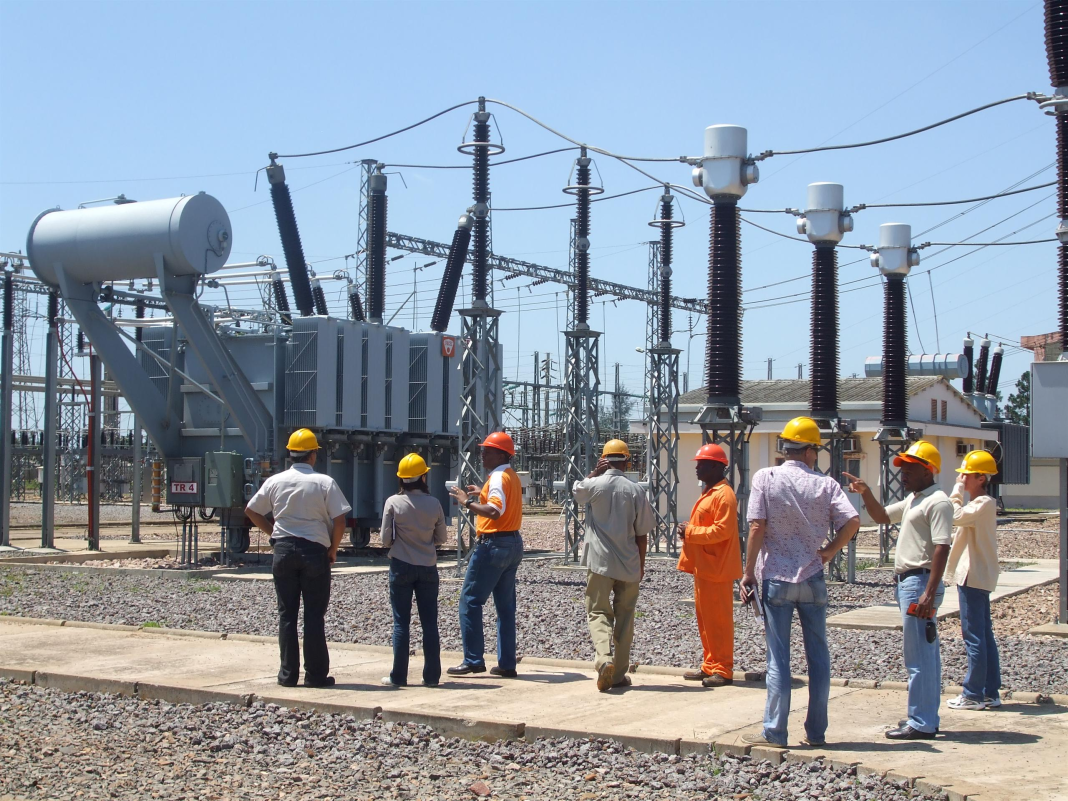
The Uganda-Juba power line is four years behind schedule due to financial issues
More finance issues have arisen for the 400kV transmission line that was supposed to connect Olwiyo, Uganda, to Juba, South Sudan, but is already six years behind schedule.
Powerline work under the 2015 East African Power Pool has been postponed until 2028 from its original 2020 commissioning date.
For another four years, South Sudan, which primarily relies on pricey heavy oil fuel to power important institutions and residences, might have to deal with ongoing outages, high electricity rates, and regular dependability problems.
Due to a shortage of electricity lines, Uganda is stuck with extra power despite spending $291 million to build the Karuma and Isimba hydroelectric dams. In July, Uganda’s generation capacity surpassed 2,000MW.
Extending the transmission line to the Ethiopian border will allow South Sudan and Uganda to postpone building power plants to satisfy their anticipated demands by importing inexpensive electricity produced by the Grand Ethiopian Renaissance Dam.
Without revealing the project’s exact cost, Uganda’s Energy Permanent Secretary Irene Batebe told The EastAfrican, “We are packaging the financing of the project.”
The transmission line and substations in South Sudan and Uganda were previously estimated to cost $302 million in feasibility and environmental effect and assessment reports.
It is anticipated that 138 km of the entire line length will be constructed in South Sudan and 170 km in Uganda. Furthermore, 400kV substation expansions will be made in Juba, Olwiyo, and Bibia (next to the Elegu border post in Uganda).
According to the World Bank, only 76.5 MW of South Sudan’s 103 MW installed capacity are in use, of which 34.5 MW are accessible to the general public.
According to the World Bank, “the remaining 42MW serves the Paloch oil field as captive power.”
Uganda is still optimistic that the project’s concessional loan finance agreement would be finalized soon.
The AfDB and the Ugandan government must complete a number of procedures before project financing can be finalized, including obtaining permissions from the cabinet, parliament, and other authorities. Once funding is secured, project costs can be released, Uganda Electricity Transmission Company Limited Public and Corporate Communications Manager Muhammad Lubogo told The EastAfrican.
According to him, a financial deal completion between the African Development Bank and the Ugandan government is anticipated by September 2025. By March 2026, it is anticipated that the engineering procurement and construction contract (EPC) would be awarded.
The European Union (EU) and the African Development Bank (AfDB) have provided significant financial support for the project.
“The project will take 24 months to complete, and the first quarter of 2028 is when the final commissioning is anticipated,” Lubogo stated.
The governments of South Sudan and Uganda signed a Sales Agreement (PSA) in response to pressure to lower the estimated $0.40/kWh power costs and lessen the burden on the common people.
The breakthrough came after a memorandum of understanding signed in December 2015 to build transmission and distribution infrastructure between the two nations.
When a delegation from Sinohydro Corporation Ltd., led by vice president Yang Yi Xin, recently visited with President Yoweri Museveni of Uganda, the Chinese company also indicated interest in investing in the transmission.
According to reports, Yang told the Ugandan leader, “We are very much willing to help develop this project with the required finance.” Museveni promised to back Sinohydro’s proposal to forward the project.
The $1.5 billion, 600MW Karuma Hydroelectric Power Station in Kiryandongo District, north Uganda, was just finished by Sinohydro.
The $120 million that the AfDB and the EU are slated to contribute to the line’s South Sudan segment is anticipated to be approved next month. The project will start in the second half of next year after the funding is granted.
The project is anticipated to be completed in three to five years in South Sudan because of the preliminary work.
All Categories
Recent Posts
Tags
+13162306000
zoneyetu@yahoo.com



